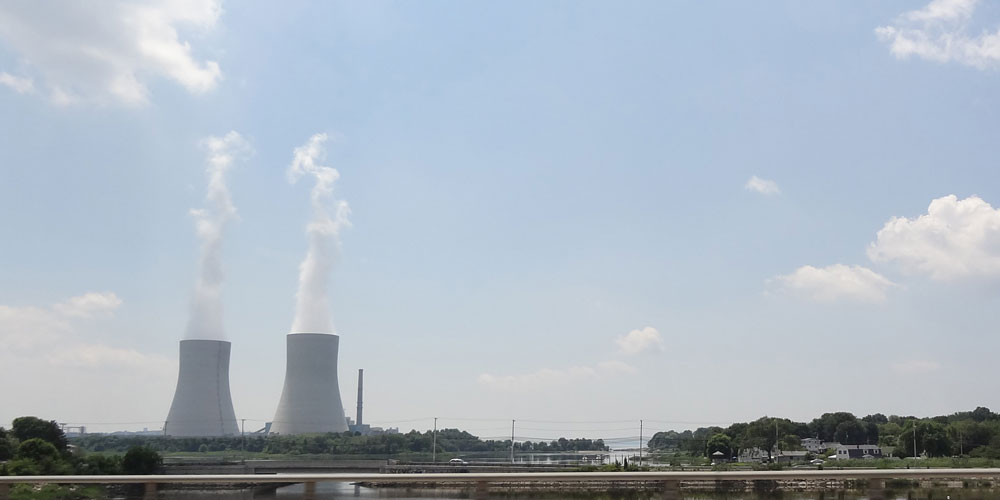
Energy and the environment are not separate stories.
When discussing public policy, responsible politicians, journalists, and members of the public should never separate the issues of energy and the environment. They are a single, nuanced, and extremely complicated issue. Absent this imperative, Democrat Governor Dan McKee feels free to brag about his environmental policy thus …
“Over last 16 months my administration has made historic investments and progress to address climate change,” McKee said, citing a bill he signed requiring 100% renewable electricity offsets by 2033 and a procurement for 1,000 kilowatts of offshore wind power. “There hasn’t been a more aggressive governor in the history of the state of Rhode Island, in terms of actually putting forward plans and activating resources.”
… while playing the populist when it comes to energy policy thus:
McKee on Monday filed public comment with the PUC asking them to suspend the customer charge on electric bills until next summer and suggested spreading the rate hike over 12 months.
The governor also asked the commission to give out the $32.5 million in electric ratepayer bill credits that were part of the state’s settlement with Rhode Island Energy’s parent company PPL.
“An increase of this magnitude has a potentially devastating impact on residential ratepayers, particularly our most vulnerable populations, including low-income, the elderly and seriously ill individuals,” McKee said Monday.
It would be very easy, indeed, to overstate the influence of Rhode Island politicians, and this governor in particular, on energy prices, just as it is very easy, indeed, to overstate their ability to affect the environment, but the two are undeniably linked. To the extent Rhode Island policy has an effect on the environment, it also has an effect on energy prices, and the cost increases we’re facing are a direct consequence of such policies on national and international levels, which begin with environmentalist ideology.
Unfortunately, few influencers of public debate in our state want people to understand the intricacies of cause and effect in this area. The guiding strategy is to vilify energy providers so as to force society to bend to environmentalists’ ideological demands, which are born of self-interest and fear, and then to vilify energy providers again in order to demagog against the consequences of the very same demands.
Featured image by Justin Katz.


Environment -Wind Turbines. Each blade is made of plastic and fiberglass, weighing 12 tons, or 36 tons per turbine. They have a life expectancy of 20 years. That means 36 tons of non-biodegradable material per turbine. What are we to do with it? Makes plastic shopping bags look inconsequential.